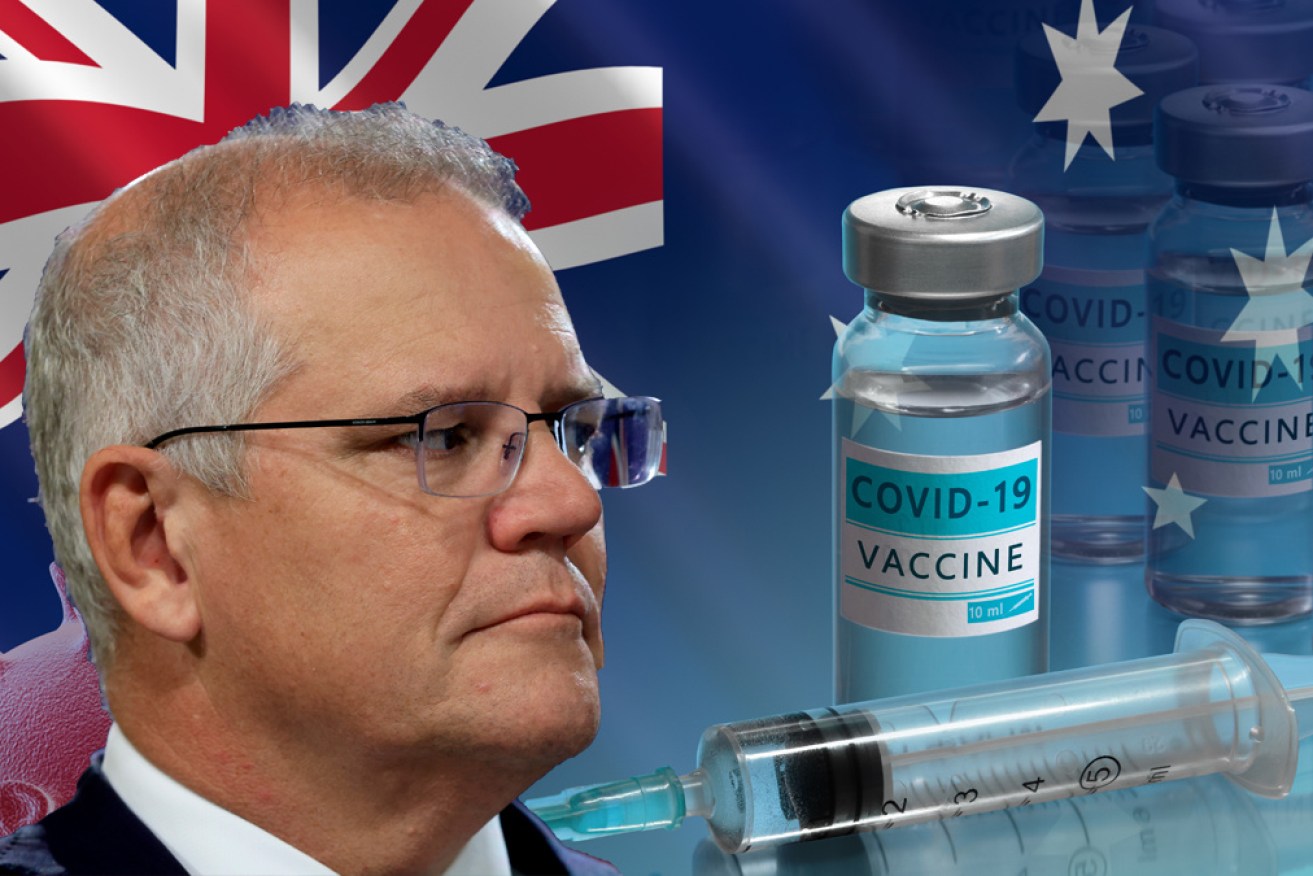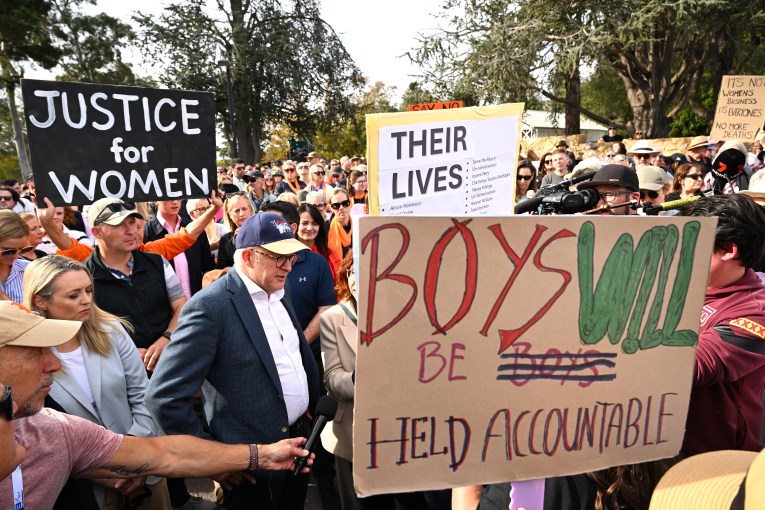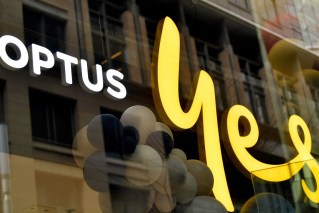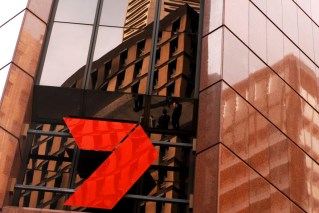PM accused of ‘throwing grenade’ with snap vaccine announcement


AMA president Omar Khorshid said Mr Morrison's announcement showed why politicians should stay away from offering medical advice.
The Prime Minister has been accused of throwing a grenade into the vaccine rollout as doctors and state health officers warn against widespread AstraZeneca jabs.
Scott Morrison’s snap announcement highlighting a path for any adult to receive the coronavirus vaccine has opened fresh divisions with premiers and chief ministers.
Australian Medical Association president Omar Khorshid said doctors, the health department and the wider medical profession were not given advance warning.
“There’s a lot of confusion out there,” he told Sky News on Wednesday.
“Unfortunately the Prime Minister’s thrown a little bit of a hand grenade into our vaccine program.”
Tweet from @amapresident
The federal government has provided doctors with legal protection to vaccinate adults of all ages, sparking a rush of younger people keen to have AstraZeneca.
But Australian Technical Advisory Group on Immunisation’s official advice has not changed.
It is not recommended for people under 60 to receive AstraZeneca because risks of extremely rare but serious blood clots outweigh benefits.
Queensland Premier Annastacia Palaszczuk and the state’s chief health officer Jeannette Young actively discouraged under-40s from getting AstraZeneca through their GP.
“I do not want under-40s to get AstraZeneca,” Dr Young said.
“I don’t want an 18-year-old in Queensland dying from a clotting illness who, if they got COVID probably wouldn’t die.”
WA Premier Mark McGowan also wants people in his state to follow ATAGI’s medical advice.
“That is the advice we have and that is the national advice from the immunisation experts,” he said.
“Clearly, the Commonwealth has taken a different approach.”
Ms Palaszczuk challenged Mr Morrison to explain whether federal cabinet made the decision to change the vaccine advice.
NSW chief health officer Kerry Chant said ATAGI’s advice should be respected.
Dr Khorshid said the mixed messages stemming from Mr Morrison’s statement proved vaccine information should be left to experts.
“Today shows why we need to keep the politicians out of health discussions and leave them between patients and their doctors,” he said.
People willing to take the AstraZeneca shots are able to do so after consulting with their GP to discuss the remote risk of rare blood clots.
Two people have died from the clotting disorder out of more than 3.8 million doses of AstraZeneca administered.
Federal Health Minister Greg Hunt said people should discuss vaccine options with their GP.
Mr Hunt said there was no change to the medical advice but noted Medicare items for consultations about vaccines and indemnity for doctors administering AstraZeneca were now in place.
“What we’ve done is simply acknowledged the existing informed consent decision,” he said.
Federal Labor’s health spokesman Mark Butler said Mr Morrison had inserted himself into a public health debate.
“This was pretty chaotic freelancing by the prime minister,” Mr Butler told Sky News.
More than 12 million people are under lockdown across NSW, Queensland, Western Australia and the Northern Territory.
There were 22 new local cases in NSW on Wednesday, along with three in Queensland, five in South Australia and another one in Western Australia.
South Australia has avoided a lockdown, despite its first local cases in more than 200 days. But Alice Springs has begun a 72-hour lockdown after confirmation a COVID-infected miner spent most of Friday in the town’s airport before flying to Adelaide.
Just over 7 per cent of Australians have been fully vaccinated, with the country lagging behind all other major economies.
Elsewhere, the Labor premiers of Victoria and WA have backed a Queensland call for the federal government to cut return passenger caps.
The issue is expected to be high on the agenda at Friday’s national cabinet meeting. But Home Affairs Minister Andrews rejected the push on Wednesday.
“We need to learn to live and to work in the COVID environment in which we find ourselves,” she said on the Gold Coast.
“The first response should not be to close down our borders.”
Ms Andrews said weekly caps of about 1000 passengers entering Queensland and 3000 coming to NSW were not large.
Ms Palaszczuk argues lower caps, ensuring arrivals are fully vaccinated and putting quarantine centres in regional areas would reduce the need to shut down cities down.
Australian Industry Group chief executive Innes Willox said further limiting international arrivals would ignore critical skill shortages.
“This would be take us in precisely the wrong direction,” he said.
The major employer group is suggesting home quarantine with strict conditions and additional capacity as ways to bring in more workers.
-with AAP








